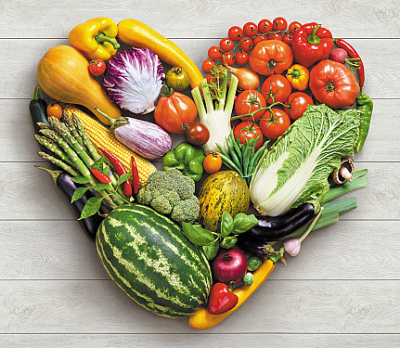Early humans were hunter-gatherers. Civilisations, the discovery of fire, the invention of agriculture, and domestication of animals slowly changed our eating pattems. At some point, sections of people started eliminating meat from their diets, for various reasons ranging from religious beliefs to taking a stance against animal cruelty. Eventually, people realised that meat wasn’t the only point of concem. Industries such as dairy, silk, and leather also tend to inflict violence and cruelty on animals. This realisation mobilised people to begin one of the largest movements of the modem world-veganism.
How it began
November 1 is World Vegan Day, which celebrates a lifestyle that is devoid of animal products like honey. cheese, wool, leather, and pearls apart from the obvious meat, eggs, and milk. While vegetarianism has been around for a long time in India and some Mediterranean societies, the term veganism, which denotes a much stricter form. This vegan leather bag is made out of pineapple’s peel coined in 1944 by British woodworker Donald Watson. It is also believed that the famous Greek mathematician Pythagoras adhered to a vegetarian diet and promoted compassion towards animals.
Watson was troubled by the outbreak of tuberculosis that affected farm animals in 1943. He proclaimed that a vegan diet could save people from such communicable illnesses. He also started a vegan newsletter that initially just had 25 subscribers. However, by the time he died in 2005, at the age of 95, over 2.50,000 people in the UK and 2 million people in the US had identified as vegans. Watson attributed his long life to his vegan lifestyle.
Long before Watson, in the 1850s, the man behind the ubiquitous Graham Crackers, Sylvester Graham, began a dietary reform in the U.S. His diet promoted meatless meals, wholegrain and home-baked breads, fresh fruits, and vegetables. His ideas were so rebellious back in the day that he was met with protests and attacks wherever he went. He was attacked in Boston by bakers for calling out the ill-effect of refined flour. Since then, science has indubitably proved that refined flour is bad for health.
Options galore
Today, veganism is a globally accepted concept. There are = restaurants serving exclusively vegan food in many Indian cities. As a result, the choices and options have also diversified. Milk extracted from soybeans and nuts like almonds have replaced dairy in the vegan menus. Mock meats-made out of yam and unripe jackfruit-have helped meat-eaters latch on to veganism.
However, one needs to be carefid while switching over to a vegan diet to ensure that there is no nutrient loss in the process. Often, Vitamin B12. Iron, and Calcium deficiencies have been noticed by researchers in people who switch over to a vegan diet. Experts, hence, suggest people who have switched over to a this diet to diversify their food intake within the options available to avoid complications. The vegan movement has also come under criticism- especially in the West-for being elitist and expensive. The processed vegan foods-like mock meats-are also accused of being high on carbon emissions. This negates the fact that many initial founders of the collective movement like Graham, stood against processed foods as much as they opposed meat eating. In the end, it is all about eating what suits you best and respecting the choices of others.
Early humans were hunter-gatherers. Civilisations, the discovery of fire, the invention of agriculture, and domestication of animals slowly changed our eating pattems. At some point, sections of people started eliminating meat from their diets, for various reasons ranging from religious beliefs to taking a stance against animal cruelty. Eventually, people realised that meat wasn’t the only point of concem. Industries such as dairy, silk, and leather also tend to inflict violence and cruelty on animals. This realisation mobilised people to begin one of the largest movements of the modem world-veganism.
Picture Credit : Google

